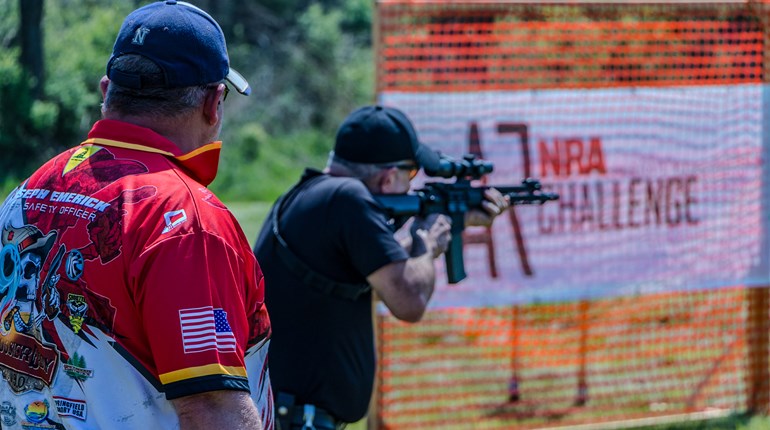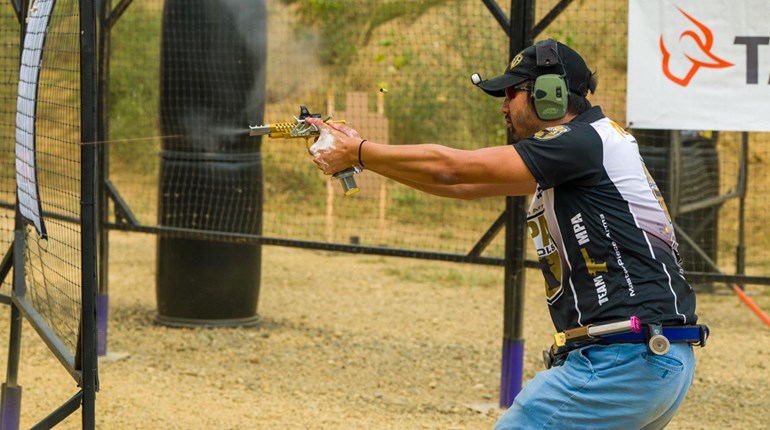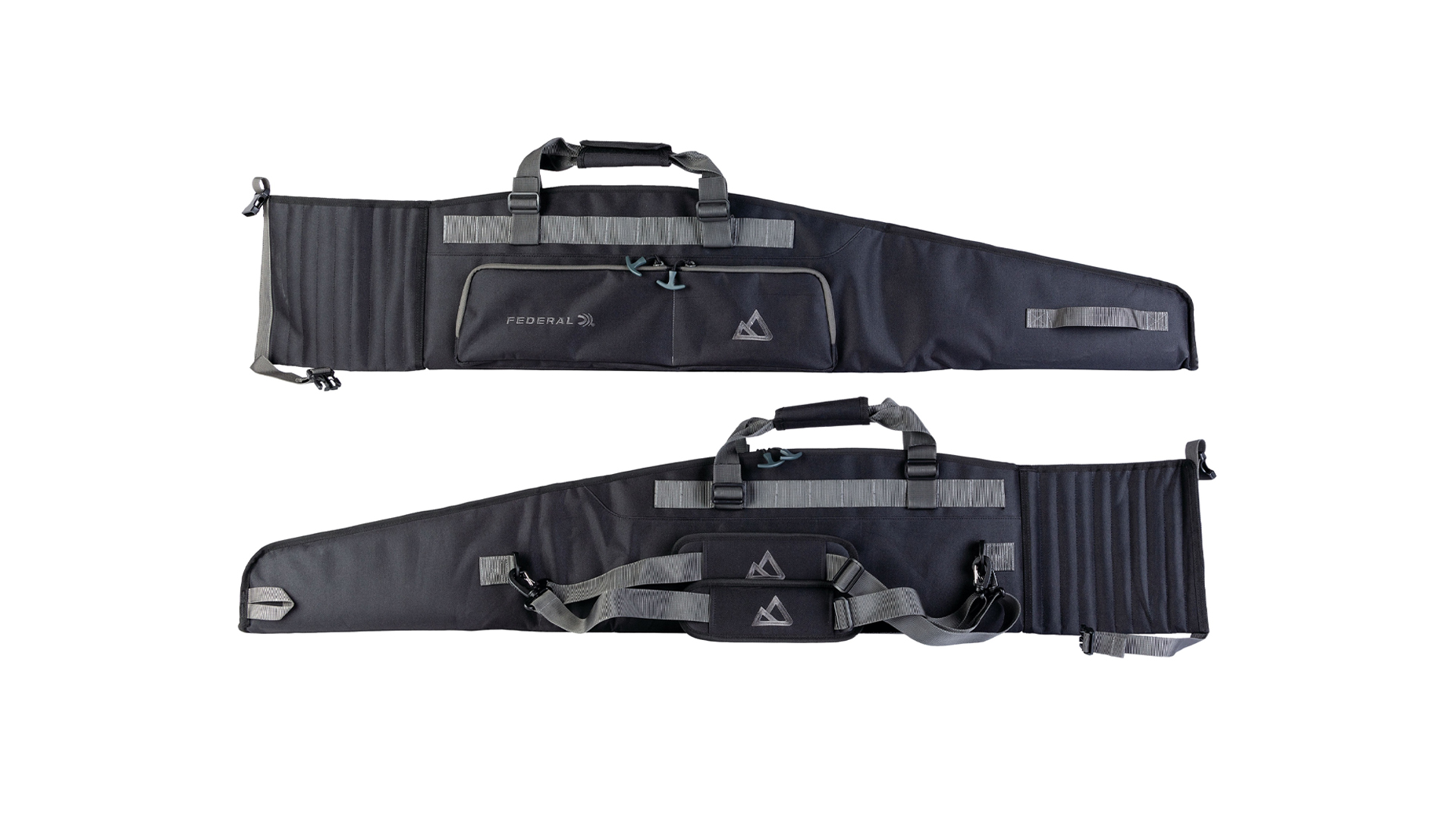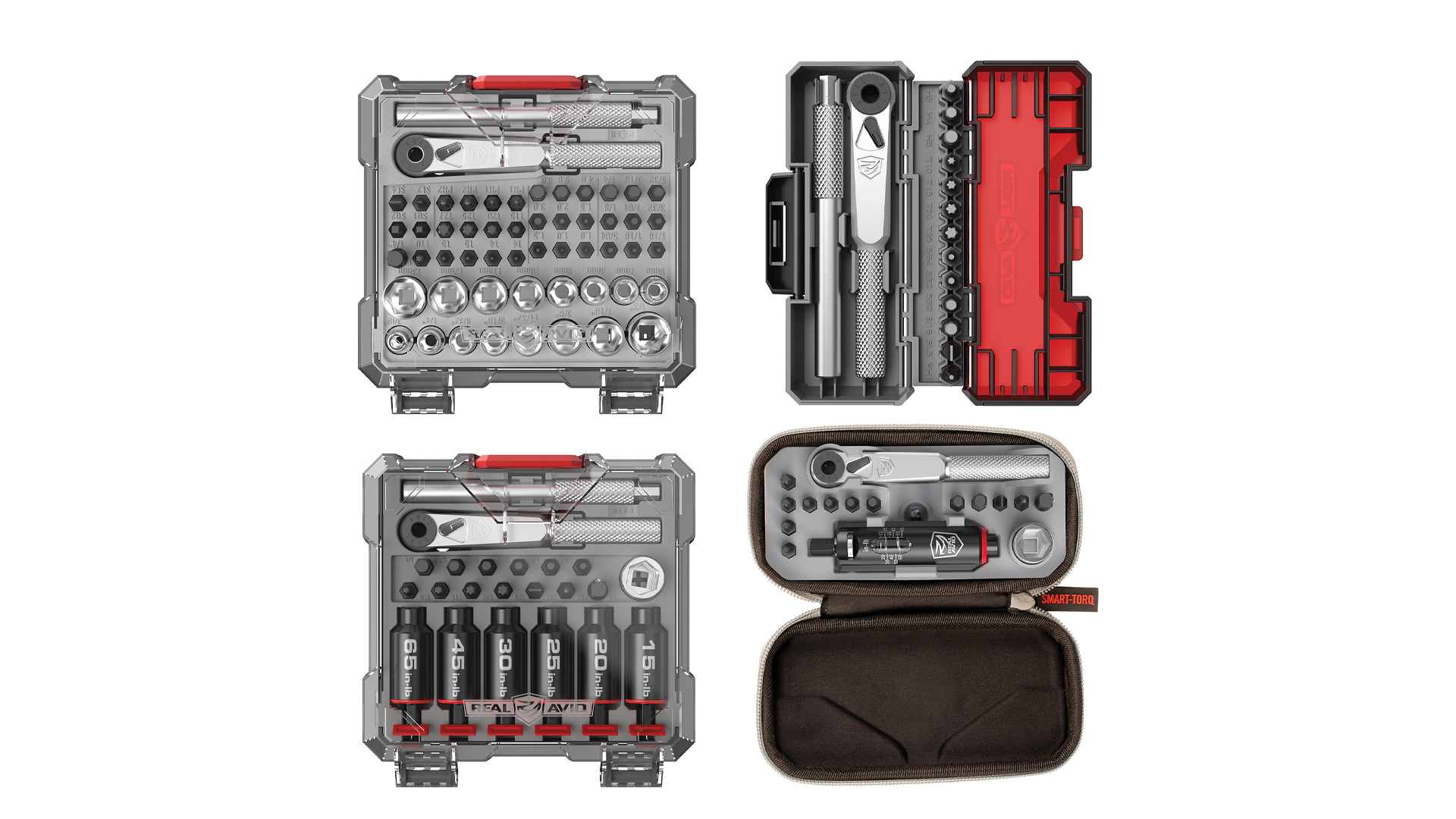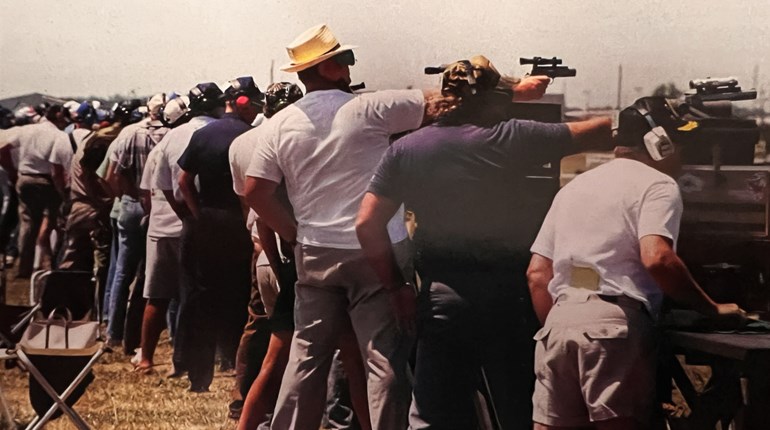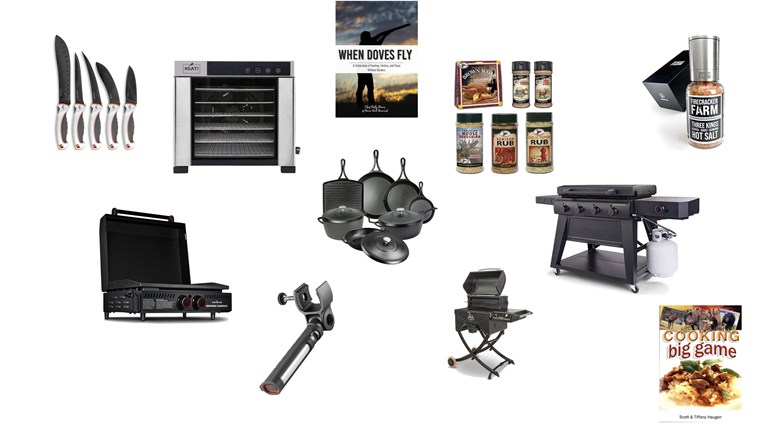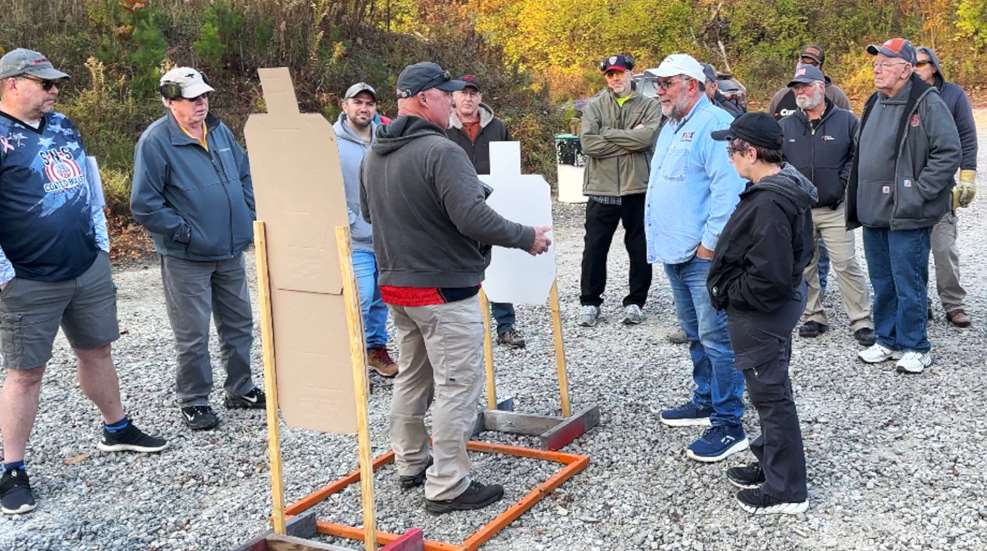
The National Range Officers Institute has received several questions and stories about unsportsmanlike behavior recently in USPSA competition. It seems to be a more common occurrence these days, and it needs to stop.
Examples range from outright cheating in several different forms—changing scores, lying about incidents during the stage, attempting to get unearned reshoots for spurious reasons)—to having a little temper tantrum over either a procedural call or a disqualification, to failing to help reset, patch and paint. And yes, that is an example of poor sportsmanship, especially when the rest of the squad is working to reset the stage and you are sitting in the shade for, well, “reasons.”
I realize there are members of our organization that physically can’t get onto the range as much anymore, but I suspect that over the years they have more than paid their dues in reset sweat. The question I receive the most is what can be done about competitors that don’t reset, even when asked or instructed to by the Range Officer. Many of the petitioners ask whether they can assess a procedural penalty or even a disqualification if a competitor is requested to help reset and they refuse. While the USPSA rulebook does allow for a disqualification under rule 10.6 for failing to follow the reasonable directions of a match official, this penalty seems too harsh, although under the right circumstances it can be applied. A procedural penalty cannot, under the current rules. In my experience, the best way to solve this problem is to enlist the help of the rest of the squad, because after all, this is affecting them more than you, the Range Officer. When the non-resetting competitor is up next to shoot and the entire stage isn’t reset, they usually get the message. Think about it.
For those who think staff reset is the answer, it’s not. I’ve spoken with many range officers who have worked staff reset matches, and their comment on that is universally “never again.” This wears out the stage staff exponentially faster than simply running a stage—a fact that has been well known since the inception of the sport and range officers running stages.
Having outside help is often sought as a solution, but only works if they are competent and coachable. However, this is often disastrous with targets getting patched before being scored, resulting in reshoot after reshoot. The bottom line? Pitch in and help reset; it will pass the time, keep you moving and everyone will get to their turn to shoot a little faster. And it won’t affect your performance in this amateur sport all that much.
Article from the November/December 2024 issue of USPSA’s magazine.













